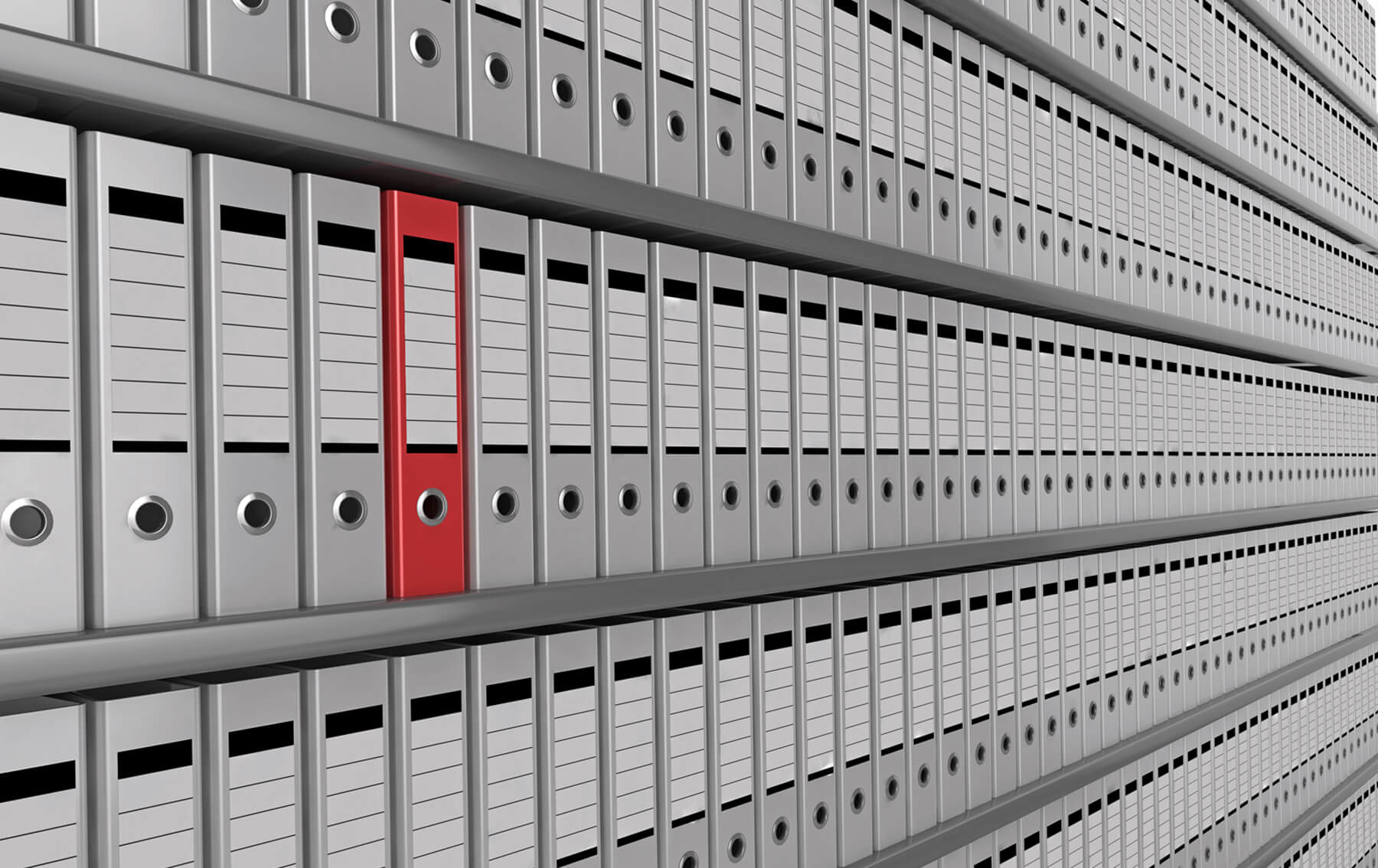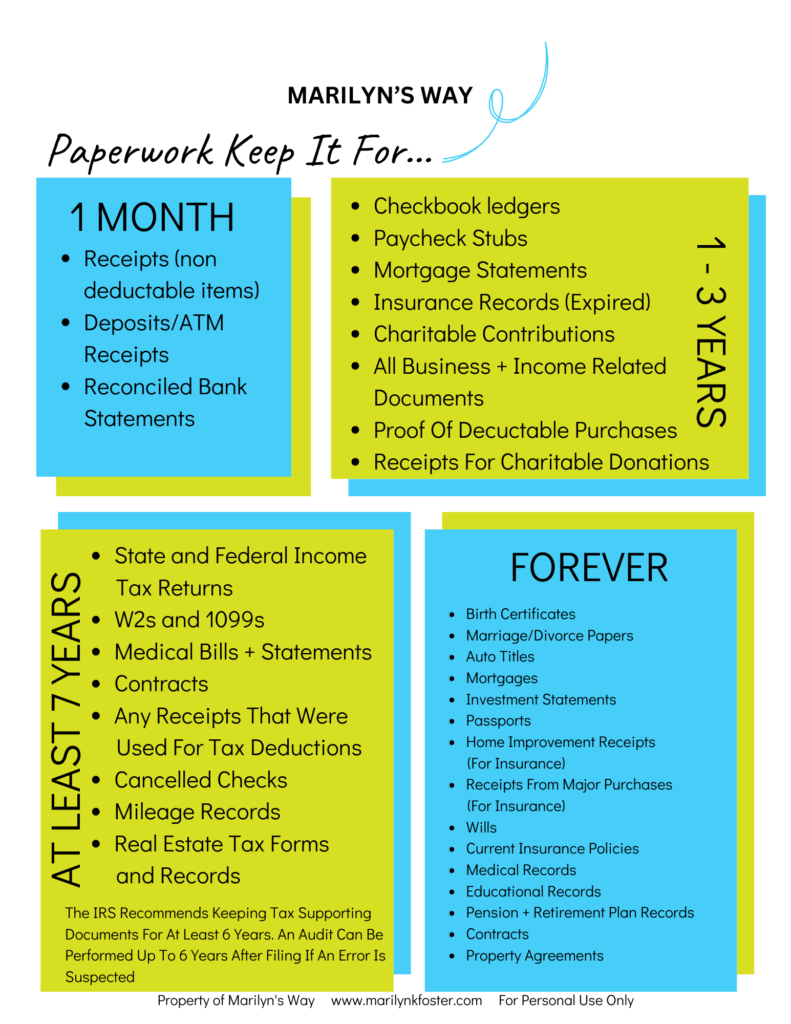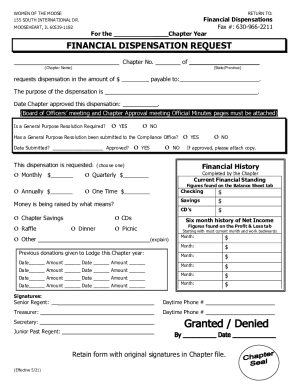How Long Should You Keep Benefit Paperwork?

Managing your financial paperwork can seem like a daunting task. From credit card statements to mortgage documents, the number of papers we accumulate over time can be overwhelming. However, knowing how long to keep these documents is crucial, not just for organizational purposes but also for legal and financial reasons.
Why Keeping Paperwork is Important

The necessity to maintain various paperwork arises from several reasons:
- Legal Obligations: Certain documents must be retained for tax audits, lawsuits, or property disputes.
- Proof of Transaction: Documents like receipts, bills, and invoices serve as evidence of purchases or agreements.
- Warranties and Returns: Keeping purchase records helps when dealing with warranties or if a product needs to be returned.
- Financial Planning: Historical financial records can assist in assessing long-term trends, planning for retirement, or making investment decisions.
General Rules for Document Retention

Here are some general guidelines for how long you should keep various types of financial documents:
- Tax Returns: Keep indefinitely or at least 7 years, as you might need them for audits.
- Bank Statements: 1 year; unless they are needed to support tax filings, then retain longer.
- Utility Bills: Keep for the current year, except for home improvements which could increase your property value.
- Credit Card Statements: For as long as needed to verify charges or transactions; typically, 6 months to a year.
- Pay Stubs: Compare to your W-2 at the end of the year and keep the last one for that year.
- Insurance Policies: Until the policy expires, plus any period where claims might be filed.
- Home Purchase/Sale Documents: Keep these indefinitely, especially deeds or title documents.
Detailed Retention Time Frames for Specific Documents

Tax-Related Documents

Tax documents require longer retention:
- Receipts for Deductions: If you itemize your deductions, keep these receipts for at least 7 years.
- Property Tax Statements: Keep these as long as you own the property or until it’s sold.
- Business Expense Records: For business owners, keep records of expenses for at least 7 years.
- Investment Documents: Like stocks, mutual funds, etc., keep for as long as you hold the investment plus 7 years after selling.
💡 Note: If you file amended returns, keep those records for 3 years from the date the original return was due or filed, whichever is later.
Employment-Related Documents

Documents related to your employment should also be retained:
- Employment Contracts: Keep the latest version, as well as older contracts until they expire or their obligations end.
- Performance Reviews and Disciplinary Actions: These can be important for potential lawsuits or disputes, so keep them indefinitely.
- 401(k) and Pension Documents: Retain indefinitely, especially statements from the year you retire.
Legal and Property Documents

Here are retention times for legal and property-related paperwork:
- Wills, Trusts, and Power of Attorney: Keep originals indefinitely.
- Real Estate Transactions: Documents like purchase agreements, deeds, mortgages, etc., should be retained indefinitely.
- Legal Disputes: If involved in legal disputes, keep related documents for at least 3 years after the case is closed or longer if necessary.
Best Practices for Document Management

To streamline the process of managing paperwork, consider these tips:
- Go Digital: Scan documents and store them securely in cloud storage. This not only saves space but also makes retrieval easier.
- Organize by Category: Separate documents by type (e.g., taxes, employment, property) for easier access.
- Set a Review Schedule: Annually review your documents to decide what to shred or dispose of.
- Use Folders or Binders: For physical copies, use clearly labeled folders or binders to keep documents organized.
- Back Up Data: Regularly back up digital records to prevent loss from hardware failure or cyber threats.
By implementing these strategies, you'll find managing your paperwork much less stressful. Furthermore, having an organized system helps in emergencies where you need quick access to specific documents.
As we delve into the complexity of modern life, managing our paperwork effectively is more than just a task—it’s a safeguard for our financial health and legal standing. Remember, while the general rules provide a starting point, some documents might require you to keep them longer based on individual circumstances or changes in law.
What should I do if I lose an important financial document?

+
Contact the issuing organization or institution for a replacement or a certified copy. For tax documents, you can request transcripts from the IRS.
Is it safe to keep financial documents digitally?

+
Yes, provided you use secure, encrypted storage solutions and maintain regular backups. Ensure your digital copies are password-protected and consider using cloud services with robust security features.
How long should I keep documents if I operate a small business?

+
For business owners, retain tax-related documents for at least 7 years after filing taxes. Keep records of major transactions or contracts indefinitely or until they are no longer relevant.